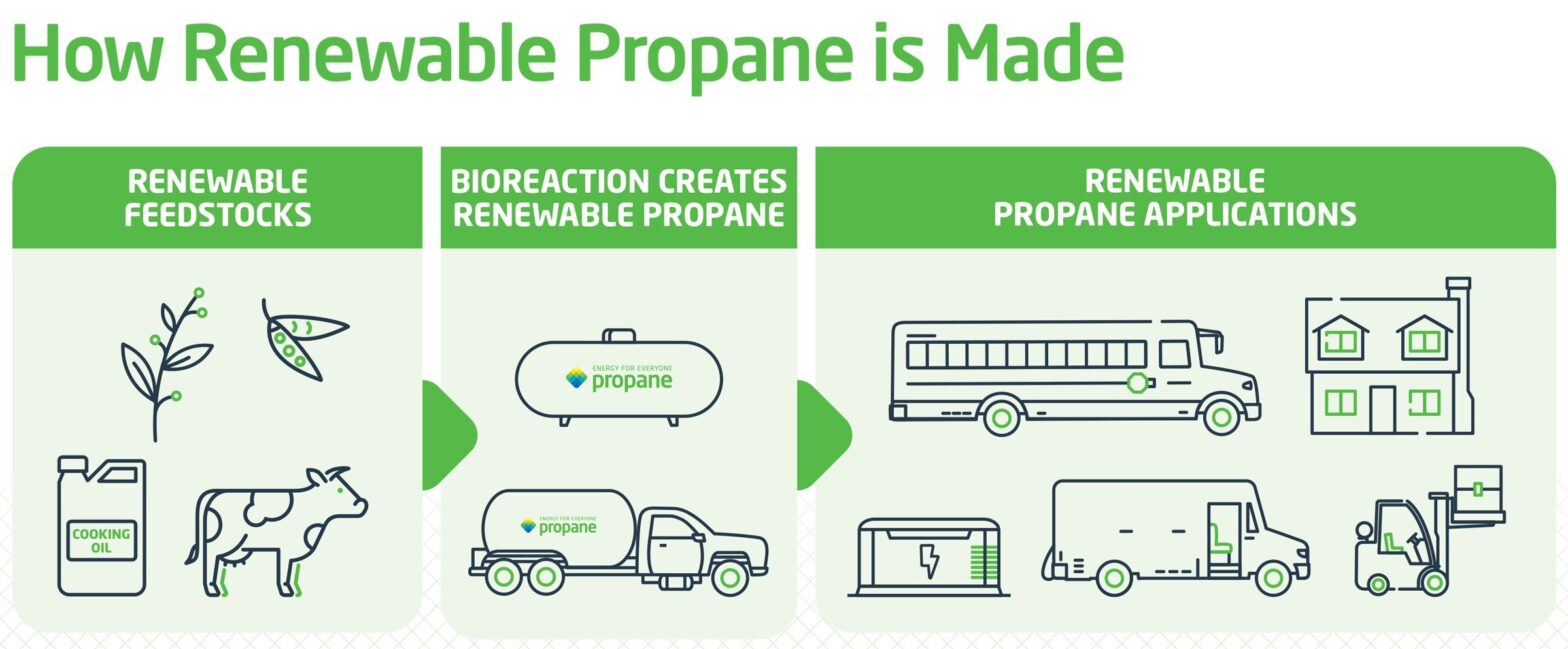The Evolution of Propane: A Green Revolution in Energy
For over a century, propane has been an integral part of American households and businesses, providing reliable energy for various applications. Originating from Walter O. Snelling’s groundbreaking research, propane gained popularity as a versatile fuel for blowtorches, stoves, and other equipment, with the first bobtail trucks hitting U.S. roads in 1929. By 1945, propane sales… Continue reading The Evolution of Propane: A Green Revolution in Energy



